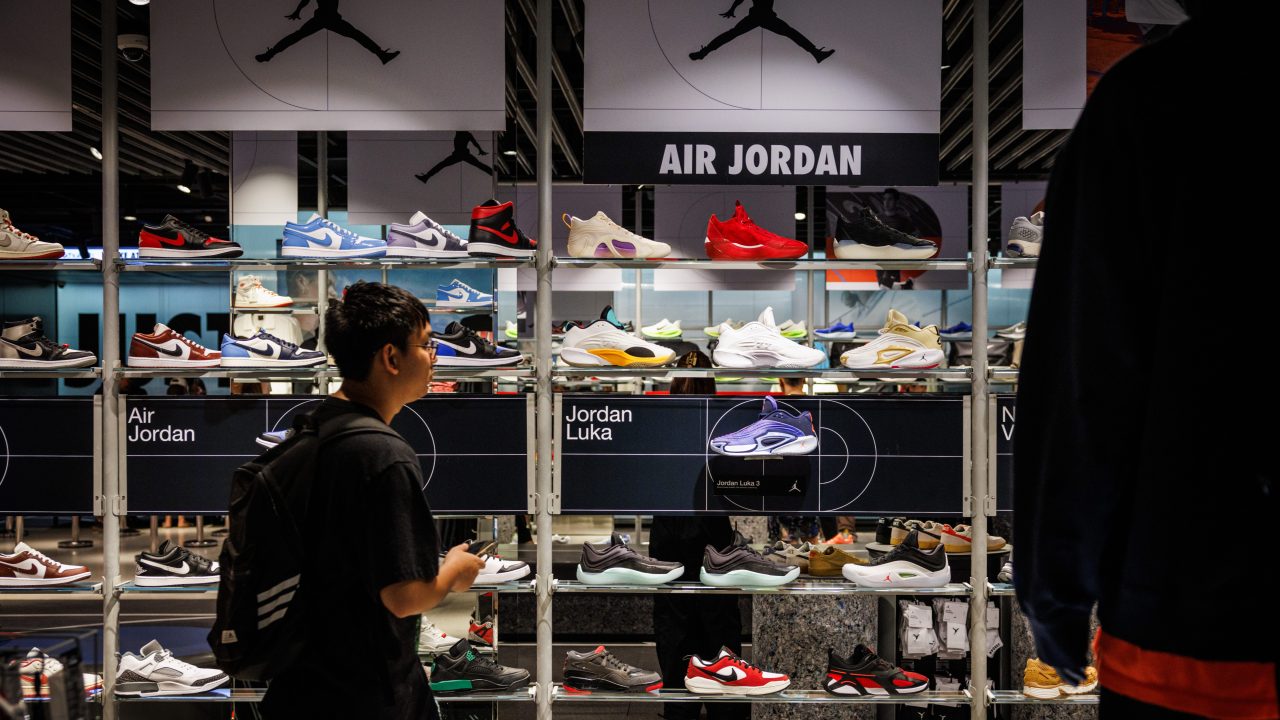
For a long time, the word tariff seemed antiquated, like riding in a horseless carriage or going to a sock hop. But tariffs are back with a vengeance under Donald Trump, and you may have some questions. Here are some answers.
What are tariffs, anyway?
A tariff is a tax. It’s the term used specifically for taxes on goods imported into a country. Tariffs are particularly tied to American history, since they were one of the forces that led colonists to rise up against English rule, after the English swapped out some direct taxes called the Stamp Act with tariffs on imports by the colonies of glass, lead, paper, paint and tea.
Who pays the tariff tax?
Tariffs are specifically levied when goods land on shore in the U.S., with the importer responsible for paying the bill. In practice, the cost of the tax is passed along to consumers in the form of higher prices, although the manufacturer and importer could cut some of their profit and absorb a portion of the cost. Those in favor of the new tariffs say the cost will be paid by the exporters and their home countries. One way that could happen would be for foreign countries to weaken their currency to make the same product cheaper in dollars for tariff purposes, without raising the end cost to the consumer. China has done this to a certain extent in the past to make sure there are markets for its factories. However, a weaker dollar, resulting from tariffs and other policies, makes that harder for exporters.
There are other costs, too. In theory, tariffs can save jobs by protecting domestic industries from being undercut by low-cost imports. But economists dislike tariffs because they typically lead to rising prices of domestically produced goods: If a competitor has higher prices, a domestic supplier can raise their price to just below the tariffed goods and pocket a lot more profit.
How do these tariffs affect sports?
In the near term, the tariffs will affect the cost of sporting goods, sneakers and apparel, much of which are made outside the country in countries including China, India, Bangladesh and Vietnam, all subject to higher tariffs under Trump’s Wednesday decree.
But the price of my torpedo bat won’t go up, will it?
It might. A lot of surprising goods are made outside the U.S. Amer Sports, which owns baseball brands Louisville Slugger and DeMarini, makes some of its bats in China, although it’s unclear if both brands make models there and what models they are. Tariffs also apply to components used by domestic manufacturers. So, for instance, while New Balance has a line of sneakers made in the U.S., a portion of those is sourced outside the country and will also see a tax hit. Expect the cost of concessions at games to tick up, since some supplies, like drink cups, are often sourced from outside the U.S.
Will my teams, broadcasters and sportsbook be OK?
In the near term, there’s little direct impact on those groups. However, a big concern is how the higher cost of goods resulting from tariffs will hurt consumer spending. Sports tickets, streaming subscriptions and betting are forms of consumer discretionary spending, which typically shrinks in favor of consumer staples, like groceries, when costs rise.
What else could happen?
While the U.S. has a trade deficit with most other countries for physical goods, like cars from Europe and Japan and household goods from China, it has a trade surplus in intellectual property with just about everyone. That’s harder to tax, but reports are the European Union in particular is planning ways to retaliate against IP-based businesses. That probably will focus on Meta, Google and other big tech companies, but could include everything from restrictions on U.S. ownership of sports teams to extra fees on U.S.-run events, like an NFL game.
In Asia, a shadow trade war has long been fought in China over intellectual property—mainly counterfeit goods like putting a Blackhawks logo on an unauthorized cap. After tamping down on counterfeiting to placate trade partners, China could elect to relax enforcement of counterfeit American brands—recently knockoff MLB stores have been spotted in Chinese malls, where Yankees and Dodgers-branded gear have been hot sellers. In a trade war, anything is possible.

